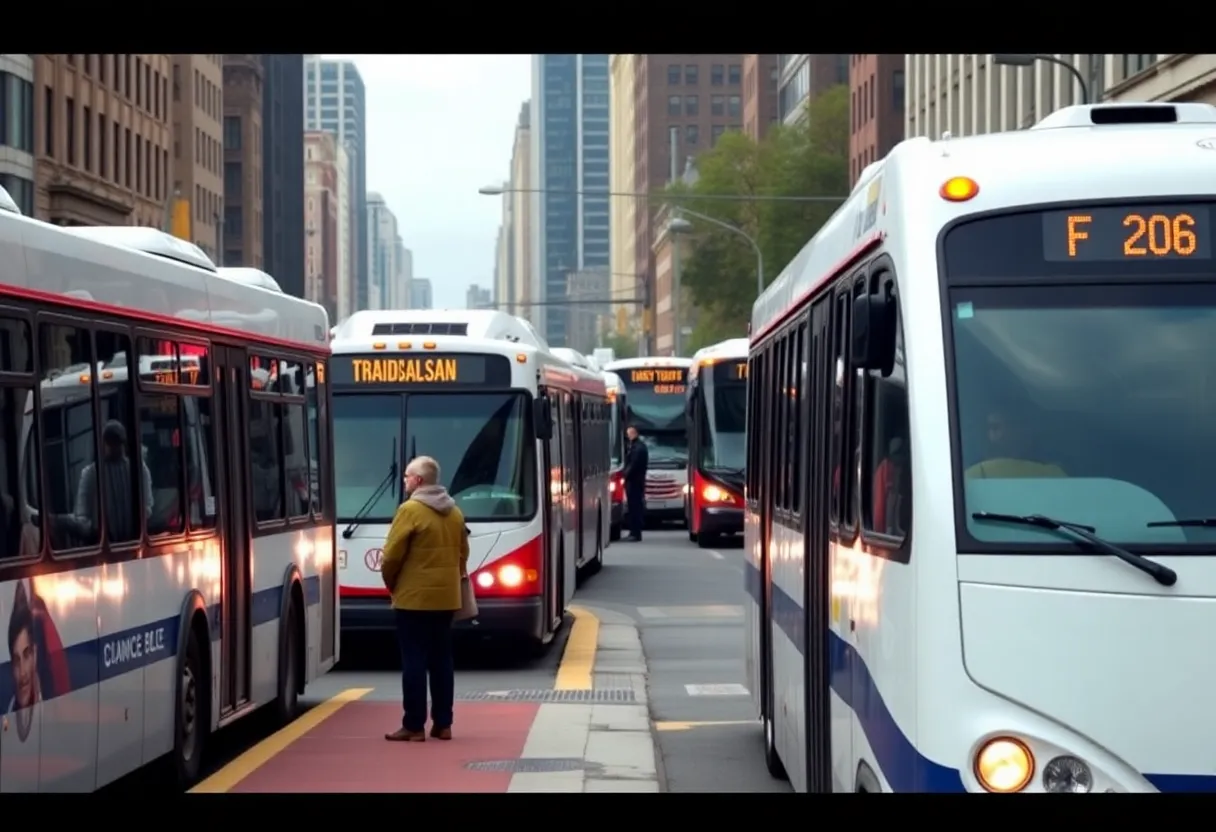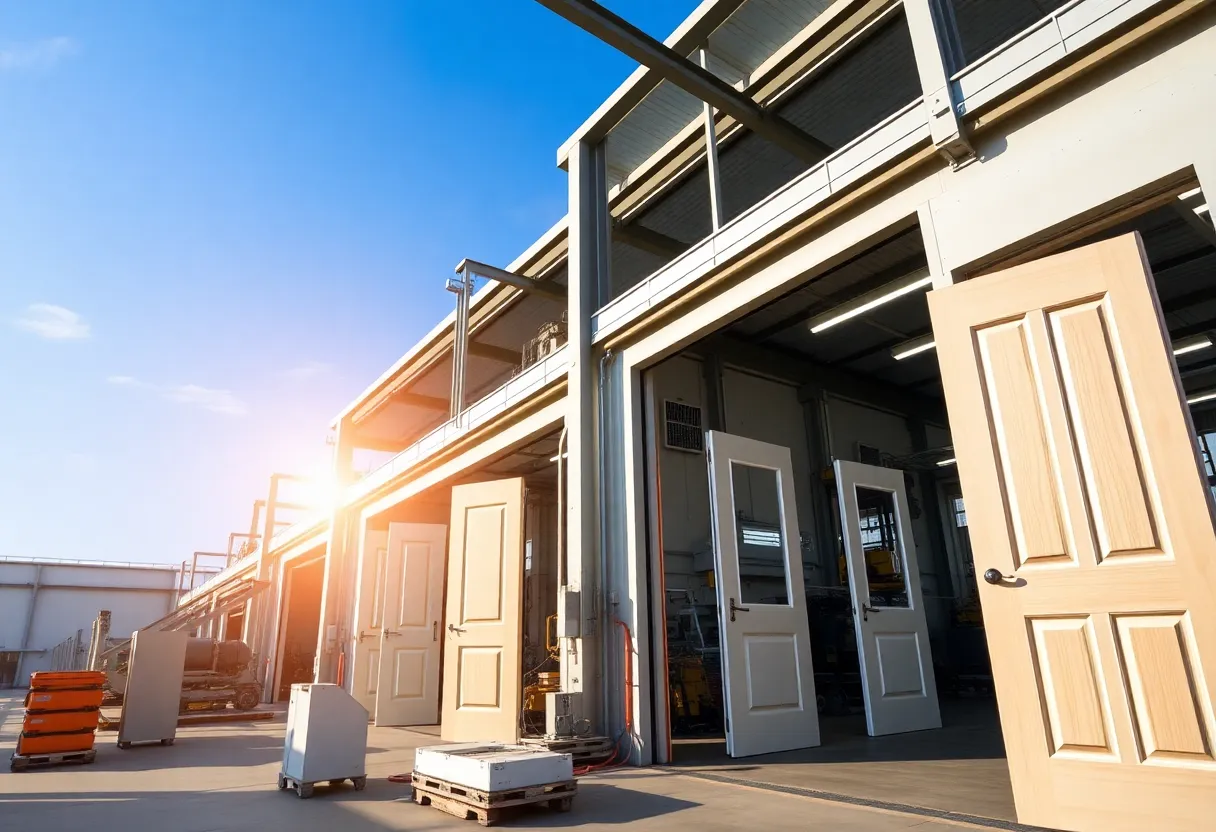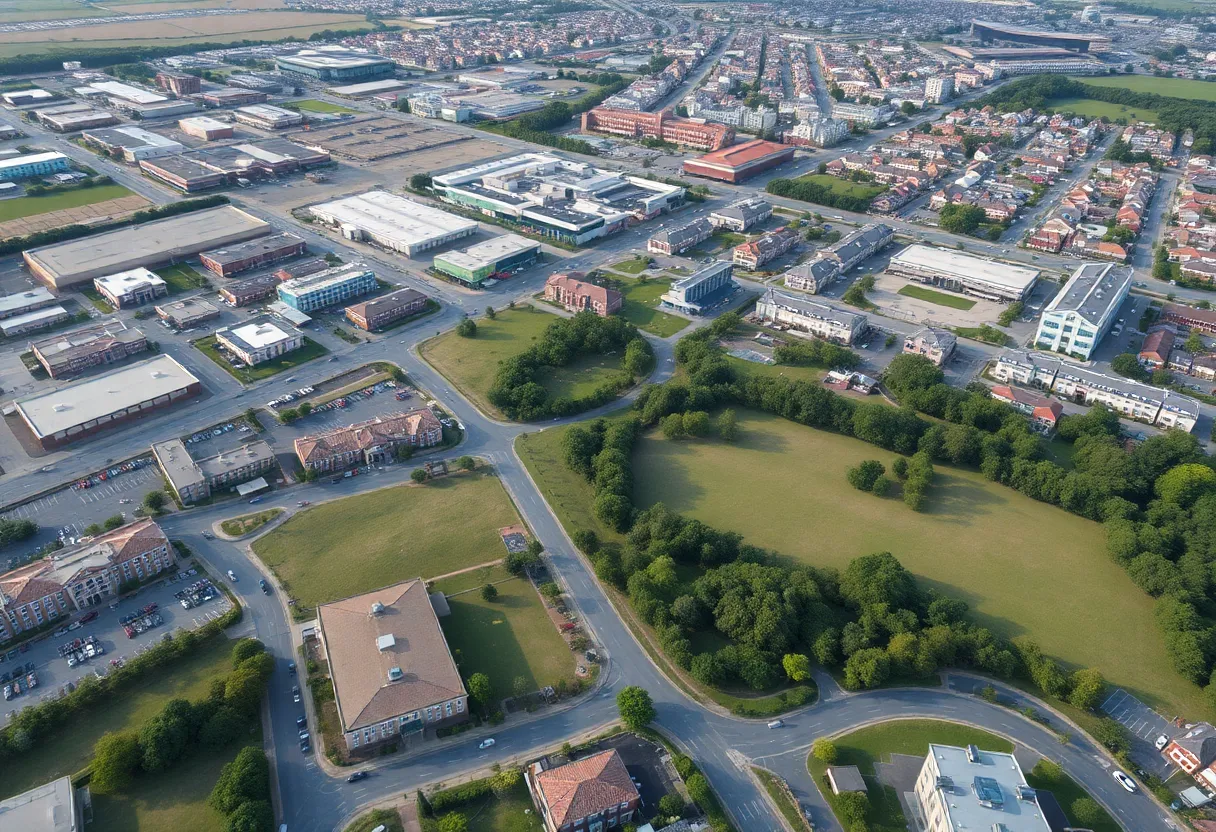News Summary
Philadelphia’s public transportation system, SEPTA, faces potential cuts to service and a fare hike as officials propose a $213 million budget deficit solution. Key adjustments could affect five regional rail lines and 50 bus routes, shifting how residents commute for work and leisure. With declining revenues, SEPTA’s budget could lead to significant impacts on local property values and jobs. Governor Josh Shapiro is advocating for increased transit funding, but bipartisan support is essential to prevent these drastic changes.
Philadelphia Faces Significant Transit Cuts: A Closer Look at SEPTA’s Proposed Changes
Philadelphia residents, get ready for some troubling news regarding your beloved SEPTA system. In a recent proposal for the fiscal year 2026 budget, SEPTA officials laid out plans that could shake up our public transportation system in a major way. The budget, which currently faces a staggering fiscal hole of $213 million, could mean a potential fare hike of 21.5% and cuts to service that many commuters depend on.
What’s on the Chopping Block?
Imagine a transit system where five regional rail lines and 50 bus routes could be wiped off the map, along with service cuts after 9 p.m. With these dramatic reductions, the way folks travel to work, school, and even weekend events could dramatically change. Commutes would become increasingly challenging as SEPTA looks to scale back to tackle increasing costs and dwindling ridership.
Why Is This Happening?
A deep dive into SEPTA’s finances reveals a troubling trend. Pre-pandemic, SEPTA enjoyed a farebox recovery rate of 36%, which has since plummeted to around 21%. This decline has led to a loss in revenue just when the system needs it most. High operational costs, coupled with the end of federal relief funds provided during the pandemic, have further strained SEPTA’s finances.
SEPTA has already taken steps to cut back, implementing $30 million in austerity measures like pay freezes for management and reduced contractor services. Despite these efforts, the budget proposal assumes that no additional financial help will come from city or state sources. Without further support, these service cuts are set to be rolled out come August 2024.
The Ripple Effect
For homeowners and families in the Greater Philadelphia area, the potential cuts could have far-reaching impacts. An estimated $19.9 million in property value losses is looming for regional households, with those living along the Paoli Thorndale line potentially facing an average drop of $56,800 in property values and residents on the Cynwyd line seeing about $47,400 lost. In numbers that paint a sobering picture, a staggering 76,700 jobs might be at risk, translating to a possible $6 billion decrease in wages and a $674 million dip in state and local tax revenue.
Support from the State
Even with these alarming proposals, hope is not entirely lost. Governor Josh Shapiro is advocating for an increase in transit funding by $292.5 million statewide, which includes $161 million earmarked specifically for SEPTA. This funding could mitigate some of the drastic cuts, but bipartisan support is crucial in the state legislature, where negotiations are ongoing.
Lawmakers have been brainstorming alternative funding options, including a proposed tax on skill gaming revenue that could generate about $1 billion in new revenue. This funding could address broader needs for public transit and road maintenance, but reaching a consensus among Democrats and Republicans is proving tricky, particularly in a Senate that is leaning more conservative.
Impact on Daily Life
As SEPTA prepares to make serious adjustments, the implications for everyday life in Philadelphia are significant. A study highlighted that reductions in transit services could negatively impact not just commuters but also commercial real estate and local tax bases, all of which rely heavily on the stability of accessible transportation.
Local business leaders and public transit advocates are calling on their peers to stand up and champion sustainable funding solutions so that SEPTA can fend off these dire changes. Meanwhile, city officials are pushing Harrisburg to prioritize transit funding as a means of ensuring that Philadelphia remains economically viable.
With the budget cycle set to continue through June 2024, it is clear that all parties recognize the pressing need for immediate action to prevent our transit system from facing a complete breakdown. Here’s hoping that a solution can be found before our beloved SEPTA goes off the rails.
Deeper Dive: News & Info About This Topic
HERE Resources
Philadelphia City Council Reviews $6.7 Billion Budget Proposal
Philadelphia Faces SEPTA Fare Hikes and Service Cuts
SEPTA Faces $213 Million Budget Deficit: Service Cuts Ahead
Philadelphia Faces Disturbing Events Amid Cultural Gatherings
Philadelphia Faces Transportation Challenges for 250th Anniversary
Additional Resources
- Swarthmore Phoenix: SEPTA Service Cuts
- City & State PA: SEPTA Service Cuts Analysis
- PhillyBurbs: SEPTA Cuts Overview
- Metro Philadelphia: SEPTA Funding Crisis
- Wikipedia: Southeastern Pennsylvania Transportation Authority
- Encyclopedia Britannica: Transportation
- Google Search: SEPTA Service Cuts







